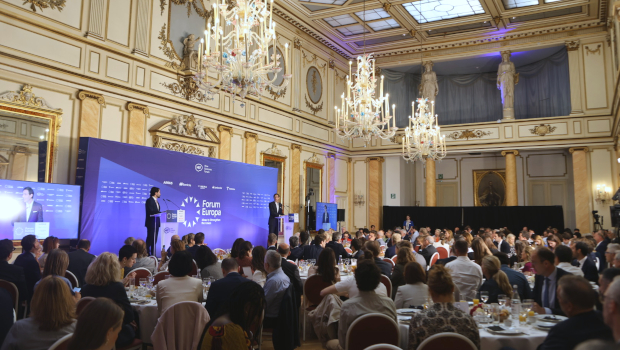The commissioner for Climate, Net Zero Emissions and Clean Growth, Wopke Hoekstra, acknowledged this Tuesday at the Fórum Europa in Brussels that it was "a mistake" for the EU to rely on Russian gas before the invasion of Ukraine more than three years ago and noted that the European Union must commit to its own energy plans.
Hoekstra commented at the aforementioned information forum, organized by Nueva Economía Fórum in the EU capital, that geopolitics—with conflicts in Ukraine and the Middle East—is one of the three global "problems" of today and in the coming years, along with climate change and artificial intelligence.
He considered it "extremely difficult" to predict how the escalation of the war in the Middle East will evolve, particularly between Israel and Iran after US President Donald Trump announced a ceasefire between Tel Aviv and Tehran.
"I fully agree with those who say we need absolute stability, more stability throughout the region, and especially in the Middle East, given the atrocities that are occurring there”, he commented.
He added: “We must not be fooled by a false sense of security.” He recalled that the “narrative” about Russian gas for years was that this fossil fuel was “cheap”. “The Russians cause problems in their own region, but they have never threatened to cut off our supply. They have been very reliable, so let's move forward”, he commented, alluding to the common perceptions on this issue before the Russian invasion of Ukraine in 2022.
In this regard, he added: “That was a very important and costly mistake because, when the war started, one of the first weapons they used to threaten us was that supply, and not once, but twice or even three times. So never again will we have that kind of dependence, and let's continue with our energy plans for the future”, he added.
Hoekstra considered it "absolutely inevitable" that energy prices will fall in the short term for EU companies, especially in heavy industry. In the long term, he advocated for more investment in electricity grids, renewables, and interconnections.
He indicated that the European Commission is advocating for a Clean Industrial Pact, which emphasizes "reducing bureaucracy," supporting the EU's ability to "create leading markets”, and "a level playing field" in terms of competition. Finally, he noted that the European Commission will present its proposed climate target for reducing CO2 emissions by 2040 on July 2.












